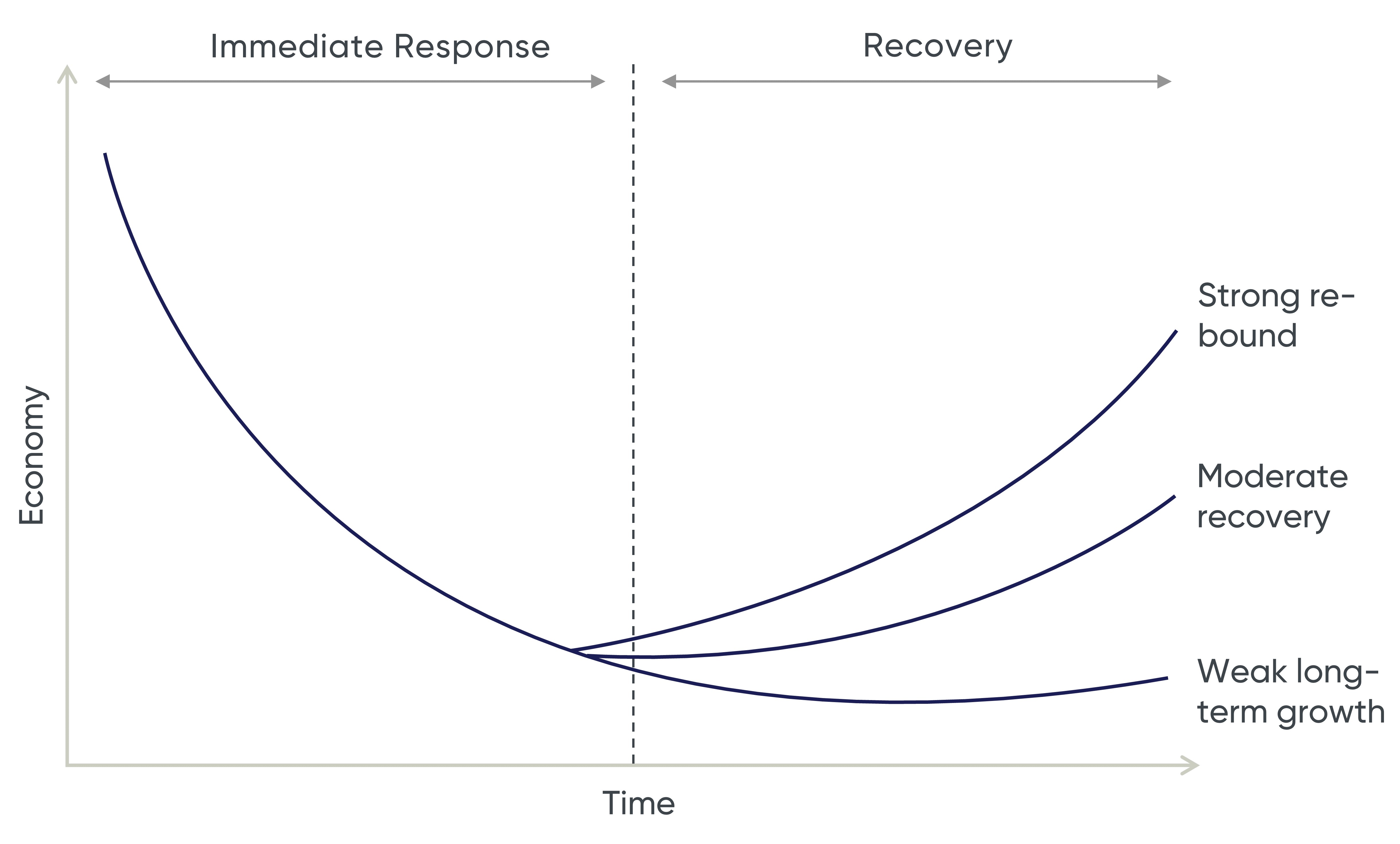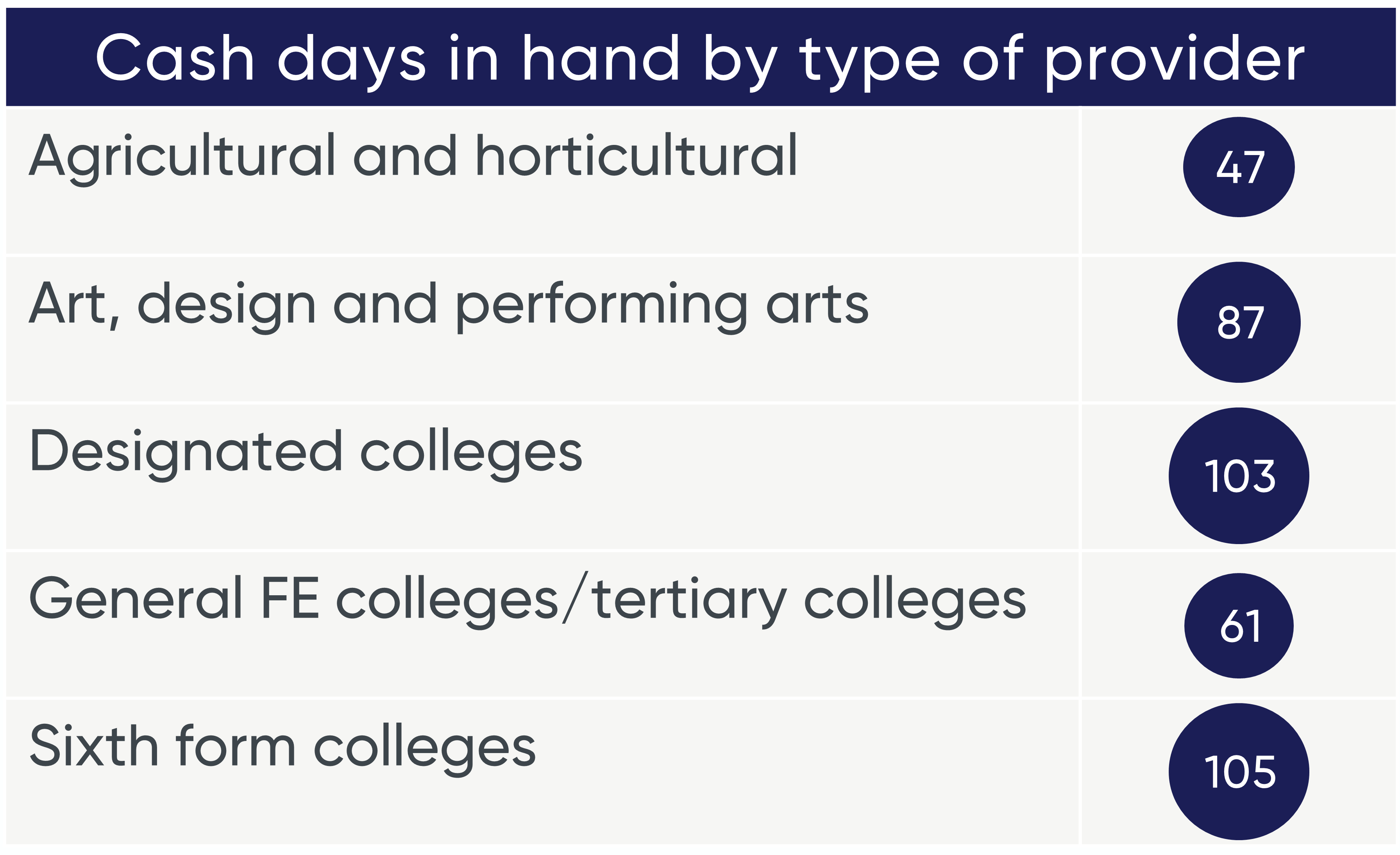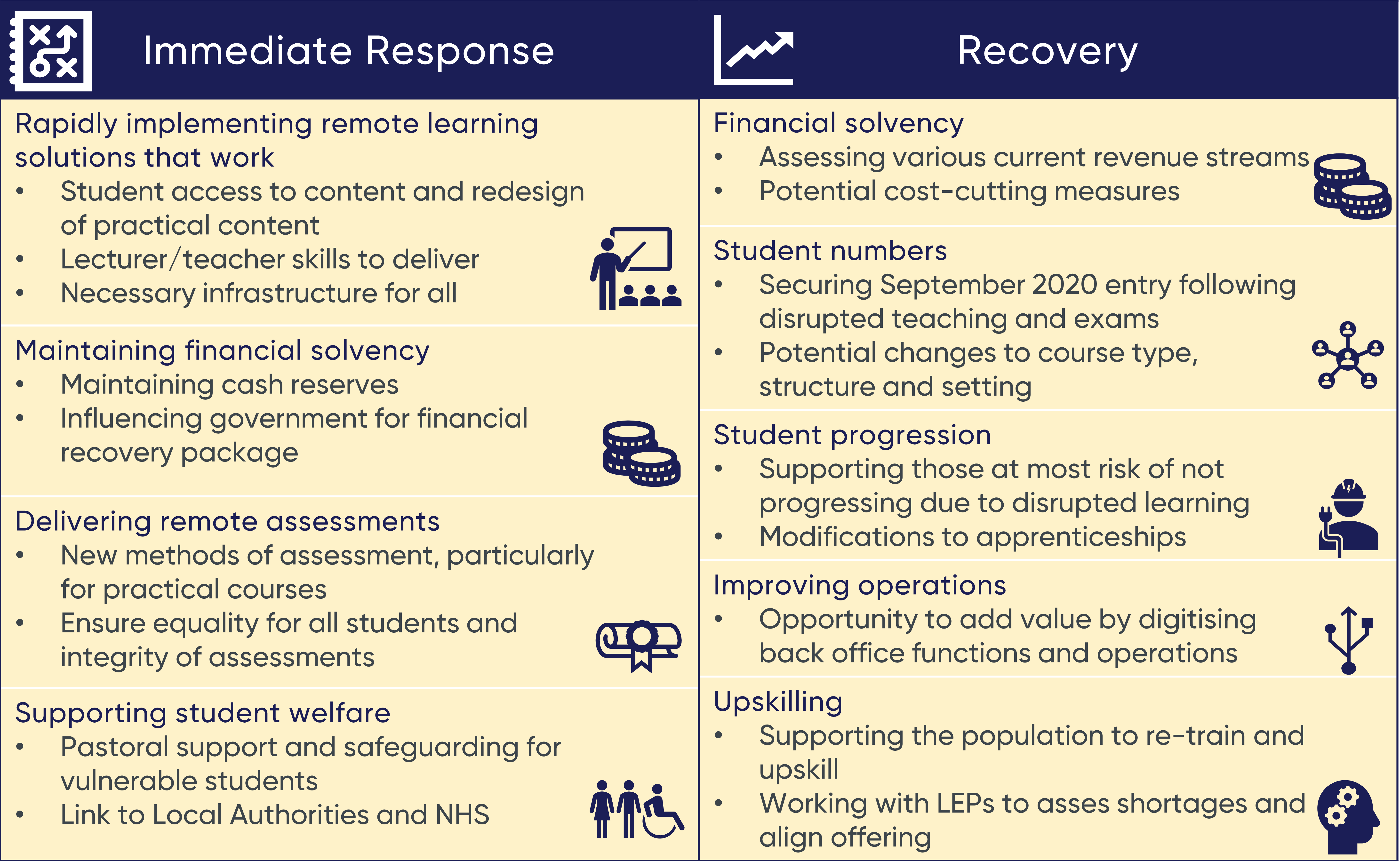Further Education: immediate COVID-19 response and recovery
Further Education providers are currently playing pivotal roles within their communities during the pandemic response. In the recovery phase, what do leaders need to consider to ensure sustainability and optimum support for students?
COVID-19 has presented Further Education leaders with a variety of immediate challenges that they have been largely successful in embracing, not least the wholescale delivery of teaching through digital platforms and support to vulnerable individuals. However, the way that providers approach the ‘recovery’ phase and are supported by the government and the sector to do so, will be crucial to ensuring their long-term viability and that of the communities they support.

Immediate response
The Government announced the physical closure of all school and college buildings from Monday 23rd March with exceptions for key workers’ children and vulnerable individuals. This suspension of face-to-face teaching has been met with a flurry of activity and innovative solutions by many providers who are currently facing a number of key challenges.

Figure 1: Illustrative economic impact of COVID-19
Rapidly implementing remote learning solutions that work
- Ensuring that students still have access to course content to complete their studies. This is especially complex for more practical-based FE courses and apprenticeships. For example, Mid Kent College have a range of new free online courses
- Supporting teachers to have the skills and capabilities to deliver remote teaching
- Ensuring that remote learning solutions are accessible for all students, such as those with special educational needs or those without access to technological infrastructure at home. For example, East Coast College has bought 600 laptops for staff and students to ensure equality of access
Maintaining financial solvency
- Maintaining financial solvency and cash reserves following the loss of multiple streams of revenue
- Influencing the government to support the sector with appropriate policy and a necessary financial recovery package to ensure sustainability for institutions
Delivering remote assessments
- Designing new methods of assessment that are fair, effective and immediately implementable for all students, particularly for practical assessments and apprenticeships
Supporting student welfare
- Supporting students where there is a duty of care, including collaborating closely with Local Authorities and the NHS to support vulnerable students. For example, a number of providers have made their own arrangements for free school meals whilst awaiting government-issued vouchers.
Recovery
Financial solvency
The Apprenticeships and Skills Minister announced on 23rd March that the ESFA would continue to make scheduled 16-19 and AEB monthly payments for grant-funded providers for the remainder of the year and that 2020/21 payments would also be confirmed by the end of the month and made as scheduled.[1]
However, a number of FE colleges are already in fairly weak cash positions: of the 258 colleges that submitted their financial returns to ESFA in 2017/18, the mean number of cash days in hand was only 65. Horticultural and agricultural colleges were in the most precarious position with a mean average of just 47 days and even these figures hide large variation between providers.[2]

Figure 2: Cash days in hand by type of FE provider
Student numbers
FE institutions have proportionately lower numbers of international students than Higher Education providers (estimates from the Department of Business, Innovation and Skills suggested almost 7,000 in 2013/14). On the other hand, their greater focus upon practical skills will make any long-term switch to remote teaching and limited face-to-face interactions particularly difficult.
Providers may need to think particularly creatively about: the types of courses on offer; the components of practical courses such as hairdressing or animal welfare; the practical components students could undertake away from campus; or the timing of practical assessments for new courses. All of this is possible, and in many cases already occurring across providers, however, the need to recover strongly from the fallout from the COVID-19 pandemic might be the push that FE needs as a sector to become ‘digital by default’.
One innovative example is from Goole College, part of the Hull College Group, which has creatively considered how technology can support traditional practical courses by developing a software application for virtual welding. The aim was to enable learners on NVQ and BTEC engineering courses to progress faster without the usual health and safety concerns and budgetary problems whilst aligning with the Confederation of British Industry’s key employability skills.[3]
Student progression
Providers will also need to take action to mitigate the potential impact on progression rates. Despite all their efforts, there are likely to be a number of students, particularly those from disadvantaged backgrounds, who may have difficulty in continuing their studies, due to the lack of traditional face-to-face support and the long-term disconnect from education. In this context, financial support to aid and incentivise these students to return to Further Education would be welcomed.
A number of measures have been announced to support apprentices, including:
- The modification of end point assessments
- Extension to assessment timeframes
- Permissions for breaks in learning over 4 weeks where training has been interrupted due to COVID-19
Where apprentices may be made redundant, the Government’s ambition for individuals to find alternative employment within 12 weeks is likely to be severely constrained by the economic shutdown and predicted recession. To ensure progression for these students, additional governmental support will be required, and providers will need to leverage local industry and community links. They may also consider the delivery of new types of blended learning to ensure that students who are unable to undertake an apprenticeship in the new academic year can still pursue their studies.
Improving Operations
Much of the current focus on digital delivery within Further Education has been around classroom technologies. The recovery phase offers the opportunity for providers to spearhead their response with improved digitisation of back office functions and operations. Historically, this is an area in which Further Education has been lagging, but the recovery period could be a catalyst to improve student experience and organisational efficiency in these areas. By improving operations to support digital delivery, providers could collect useful data about their students to map their journeys, optimise each student touchpoint, enhance accessibility, and increase creative learning opportunities.
Upskilling
We are only beginning to establish what the long-term effects of the COVID-19 pandemic may be for the economy, however, economic recession and rising unemployment are both expected. In this environment, the role of FE providers in supporting the retraining and upskilling of the population will be significant. There is likely to be increased demand for certain courses, as well as the opportunity for providers to re-develop and re-design courses to support an economy utilising different methods of working.
Working closely with Local Enterprise Partnerships to assess local skills needs and shortages will become key for Further Education providers to ensure that they can align the courses and skills that they are offering, with local jobs demand. Skills took a front and centre role in the promises made around the election in December 2019 and are only going to be pulled into sharper focus following the anticipated effects of the economic shutdown on the economy.

Figure 3: Summary of immediate response and recovery actions
Summary
FE institutions are playing a key role in the immediate response to the COVID-19 crisis by continuing to provide education to their students, employment to their staff, and support to their vulnerable students and to local communities. Leaders should consider how they will manage their organisation’s recovery phase, to maintain financial sustainability, quality of education and training for students, and to support the anticipated needs of the wider community.
To find out more about our Education offer and how we might be able to help you, please get in touch with Antonio Weiss, Director at The PSC.
Authors: Ellie Lane and Antonio Weiss
References
Latest News & Insights.

The PSC is committing to new, more challenging sustainability targets
We are delighted to announce that we are committing to new, ambitious emission…

What does a good net zero programme look like for Integrated Care Systems?
The NHS has committed to reaching net zero in 2045 and Integrated Care Systems…

The PSC Wins Double Silver at the HSJ Partnership Awards 2024
We are delighted to announce that we have been awarded double silver at The HSJ…
